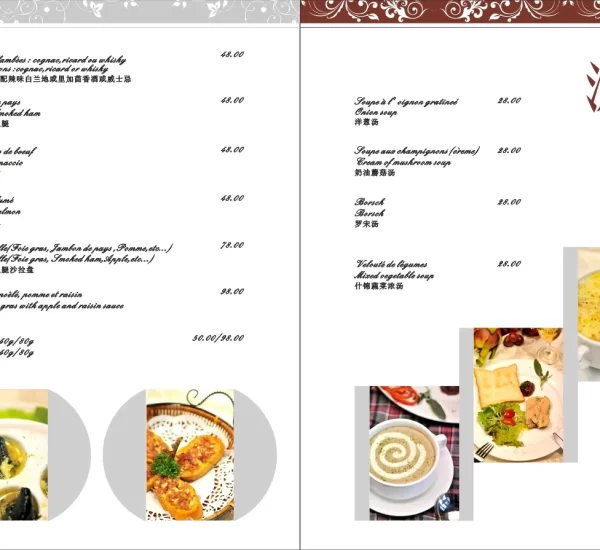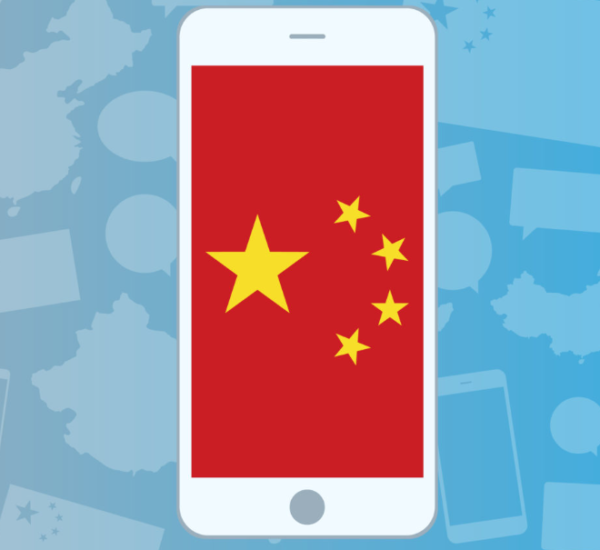Recently updated on February 21st, 2024 at 08:33 pm
While it may seem that everything we buy these days has been manufactured in China, there is a huge untapped market of Chinese online customers who are eager to buy Western products!
According to the most recent McKinsey Global Institute report on the Chinese market, 52.5 % of Chinese mainland internet users now shop online – about 332 million in total!
💡If you include a professional native Chinese translator in your overall marketing plan, you could find yourself swamped with new business!
A Brief Introduction of the Chinese Language
The Chinese language is regarded by most as one of the oldest languages in terms of writing in the world and it has a rich history of nearly six thousand years. The majority of the Chinese dialects can be grouped as following seven categories: Mandarin; Cantonese; Hakka; Wu; Gan; Min and Xiang.
The Chinese language opens more than one billion doors for communication. A population of 1.2 billion speaks Chinese as its first language. Since less than 1% of Mainland Chinese are conversational in English, learning or translating into Chinese can act as a very powerful stimulant to your business as it enables you to reach one-fifth of the world’s population.
💡“Chinese” is, however, an ambiguous term as it can refer to two distinct sets of writing systems, which are Simplified Chinese and Traditional Chinese.
Simplified Chinese vs. Traditional Chinese
When choosing between Simplified vs. Traditional Chinese, you need to consider the market you want to reach.
It’s best to think in geographic terms:
- Chinese – PRC — Simplified
- Chinese – Hong Kong – Traditional
- Chinese – Macau – Traditional
- Chinese – Taiwan — Traditional
But does this diversity matter to you? No – of course not!
All you have to do is tell us which area of the Chinese-speaking world you want to target, and we will supply a native Chinese translator in the right type of Chinese for that location.
The Road to Simplified Chinese
Once upon a time, everyone wrote using traditional characters. When writing by hand, people would often abbreviate characters to reduce complexity.
After the establishment of the PRC in 1949, Simplified Chinese was promoted and finally established as the Way to write in the PRC. For newcomers, simplified characters are easier on the eyes due to the lighter visual load. And for practical purposes, that’s the key difference.
English/Chinese Translation Services by Native Chinese Translator
Delegating your translation work to the best Chinese translation service allows you to exploit a fast-growing market of 332 million potential customers!

Whether you need translations for speakers of Mandarin, Cantonese, or any other variety of Chinese, our Chinese translation services boost connectivity, communication, and understanding between individuals and companies around the world.
Our translations go through two essential stages:
- Translation
Our native Chinese translators, who are experienced Chinese copywriters with a sound academic background, translate only to their mother tongue and only texts that are within their field of expertise. - Proof-reading or Spell-check
Our translation agency offers two translation services so that you can choose the one most suited to your needs:- Translation & Proof-reading
If your text is going to be published, we recommend that you choose the Translation & Proof-reading service which, as well as translation, includes additional proofreading by a second translator or proof-reader who is a native speaker of the target language and who specializes in the subject area of the text in question. - Translation & Spell-check
On the other hand, if you just want a draft or informative translation, the best service for you is Translation & Spell-check, where the agency checks the translation to ensure that there are no spelling mistakes and that all the content has been translated.
- Translation & Proof-reading
Frequently Asked Questions
Is Google Translate Accurate for Chinese?
Google Translate provides word-to-word translation, and you might not get entirely accurate translations for some sentences.
Can Google Translate Cantonese to English?
No, currently Google doesn’t support the translation of Cantonese.
Should I Translate My Website to Simplified Chinese or Traditional Chinese?
If you target the mainland Chinese market, then you should translate your website into Simplified Chinese. If your audiences are in Hong Kong, Taiwan or Macau, then you should translate into Traditional Chinese.
Can Simplified Chinese Users Understand Traditional Chinese?
Yes, both native speakers and reasonably proficient foreigners can read the other character set with minimal trouble, even without actively studying it.

Chinese Copywriter Team consists of talented linguists, project managers, localization engineers, and SEO experts. Since 2012, we have been providing translation, localization, and marketing services for various international businesses targeting the Chinese markets as well as Chinese businesses expanding their global reach.



